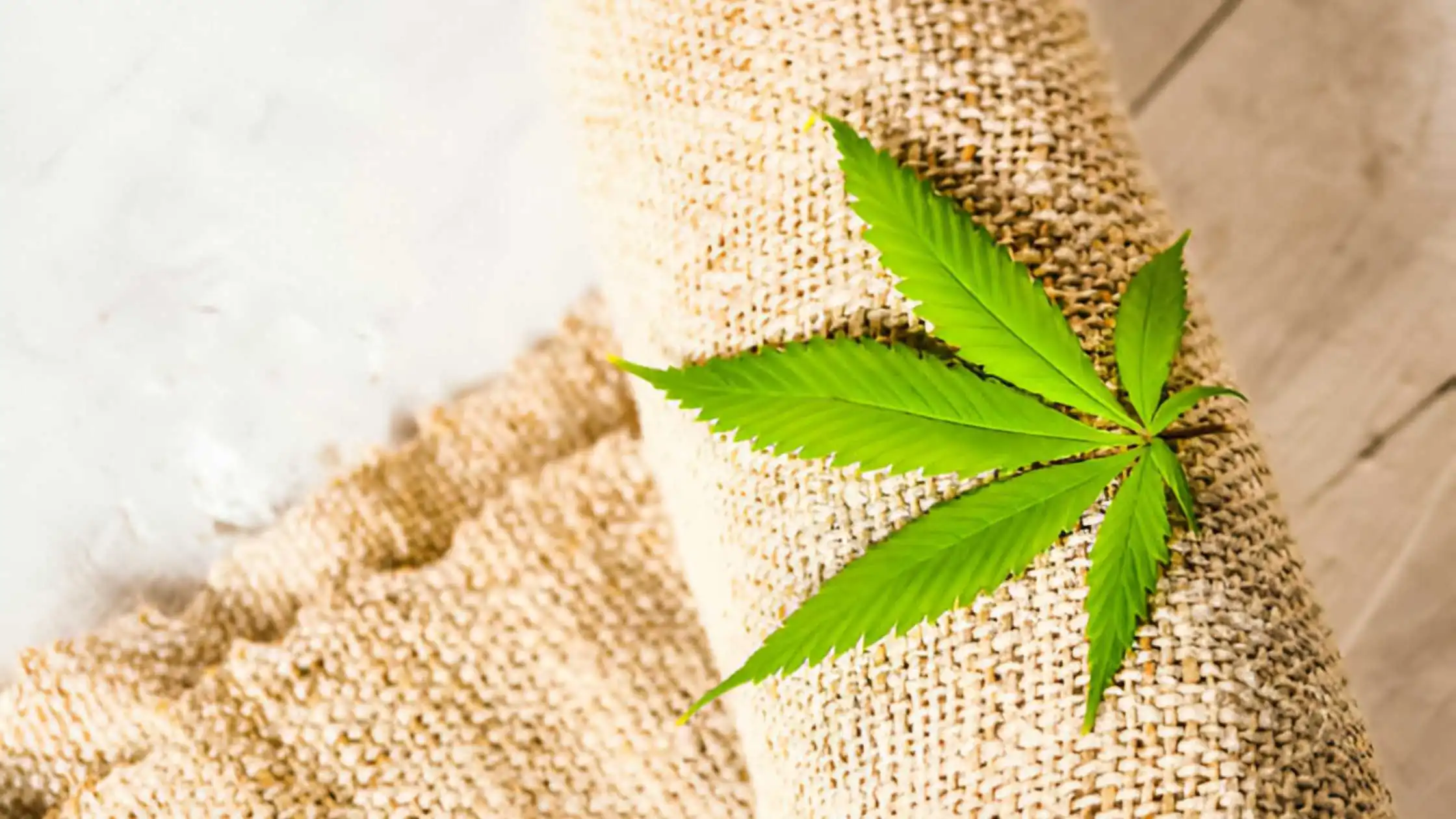More than 500 products analyzed by a team of U.S. researchers revealed contaminants are widely present in CBD, according to a soon-to-be-published paper on edibles and topicals.
“Low-level contamination of edible CBD products with heavy metals and phthalates (additives for plastics) is pervasive,” according to the paper, authored by researchers led by Hannah Gardener of the University of Miami Miller School of Medicine and two Colorado-based organizations.
Deficient labelling
Labeling of products is also deficient, with “substantial discrepancy between the product label claims for CBD potency and the amount measured in both edible and topical products,” the authors write.
Because hemp is prone to absorb and retain contaminants from the soil, “It is important to characterize the degree of contamination in CBD products and their label accuracy to estimate better potential health benefits and risks associated with consumption,” the paper observes.
Tight regulations for CBD product labelling are needed to protect consumers, especially those who are medically vulnerable, the authors conclude, noting heavy metal and plastic contamination in CBD may counter-balance the cannabinoid’s proposed health benefits.
December publication
The results of the research are to be published in the upcoming December edition of “Science of the Total Environment,” a natural science journal from publisher Elsevier’s ScienceDirect division.
Chela Wallin, Ellipse Analytics, and Jaclyn Bowen of the Clean Label Project were co-authors of the paper. Ellipse tests a wide range of consumer packaged foods; Clean Label Project is a national non-profit that advances transparency in food and consumer product labelling with a focus on the dangers of exposure to heavy metals, pesticide residues, and plasticizers.
Among specific findings in the paper:
- Lead was detected in 42%, cadmium in 8%, arsenic in 28%, and mercury in 37% of 121 edible CBD products.
- The percentage of edible products with detectable concentrations of plastic additives varied between 13% and 80%.
- Four edible CBD products exceeded the California threshold for daily lead consumption of 0.5 micrograms in two servings.
- Only 42% of total edible and topical products analyzed fell within 10% of the CBD claimed on the manufacturer label.
Not so fast
CBD stakeholders have constantly pushed the U.S. Food & Drug Administration (FDA) for clarity on CBD products, but consumer groups say that speeding up approval would put consumers at risk. Previous tests have found some CBD products to be adulterated.
FDA has warned companies in the past about labelling issues under rules for dietary supplement labelling, unapproved new drugs and misbranded drugs.
Disclaimer: https://hemptoday.net/heavy-metals-plastics-pervasive-in-cbd-u-s-researchers-say/
Posted by: Times Of Hemp, TOH, #TOH, #TimesOfHemp





